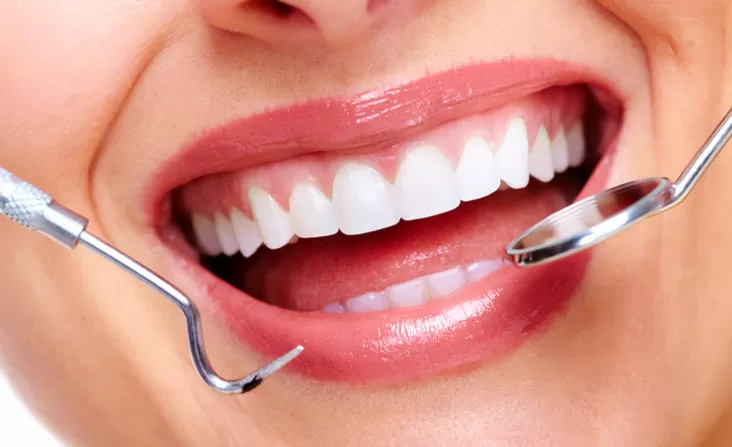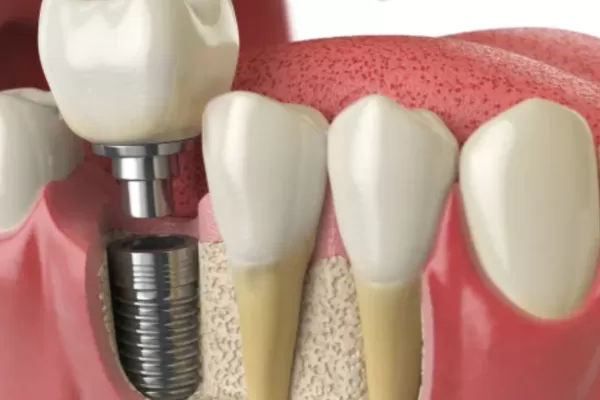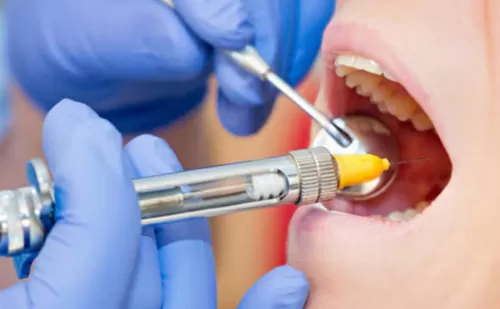Detailed Explanation of the Entire Dental Implant Process
When teeth are unattractive or flawed, many people choose to repair them with dental implants. Dental implants have many advantages and can be said to be the best repair technology currently available, offering a durable and aesthetic solution for missing teeth. Here, I will simply explain the entire process of dental implantation, hoping to help you understand it better.
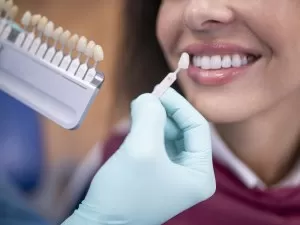
When teeth are unattractive or flawed, many people choose to repair them with dental implants. Dental implants have many advantages and can be said to be the best repair technology currently available, offering a durable and aesthetic solution for missing teeth. However, most people’s first impression of dental implants remains at 'knowing what it is, but not the specifics'. In fact, dental implants are not as mysterious as imagined. Here, I will simply explain the entire process of dental implantation, hoping to help you understand it better.
Preoperative Examination
Oral Examination In the preparation process for dental implants, the patient's teeth examination and oral diseases are the most critical elements. A comprehensive risk assessment must be conducted for the patient before proceeding with the dental implant process. This includes a detailed examination of the patient's current oral health, the positioning of existing teeth, and the health of the gums. If surgery allows bacteria on the periodontium to enter the surgical wound, it will increase the chances of infection in the implant, leading to implant failure. In addition, conditions like severe cavities, residual roots or crowns, and poorly made fixed dentures need to be treated before surgery. The aim is to create a healthy oral environment to facilitate successful implantation.
Jawbone Quality Assessment Since the implant is to be embedded in the jawbone, the success of the dental implant is naturally related to the quantity and quality of the jawbone. Therefore, assessing bone quality before implantation is necessary. This involves a series of imaging tests, such as X-rays or CT scans, to evaluate bone density and volume. The results of these tests will determine the suitability of the jawbone for supporting the implant.
Preparation of Transitional Dentures Since most patients need temporary dentures to help them through the healing time of the implant and bone, temporary teeth must be made before surgery. After the surgery, patients can wear them immediately, so as not to affect normal life. These transitional dentures are not only functional, allowing patients to chew and speak normally, but they also maintain the aesthetics of the patient's smile during the healing period.
Examination During Surgery
Implant Structure Fixed dental implants are divided into three parts: the implant (artificial tooth root), the abutment (connector), and the crown. The implant is like the foundation, the abutment is like the trunk, and the crown is the branches and leaves on the trunk. Each part plays a crucial role in the overall functionality and appearance of the dental implant.
Implantation of the Implant A hole is prepared in the jawbone, and the artificial implant is inserted. The surgical site in the bone bed is tightly sutured and usually requires about a week to remove the stitches. Then it's time to wait for osseointegration, a process where the implant integrates with the jawbone. This period is crucial for the stability of the implant and can vary depending on individual healing rates.
Installation of the Healing Abutment Then the implant is made to protrude through the gums, and then it's a matter of waiting for the soft tissue to shape up. This step is important for the gum tissue to heal properly around the implant.
Replacement with Permanent Healing Abutment After the gum tissue has healed, a permanent healing abutment is placed. This component will connect the implant to the final crown.
Wearing the Dental Implant The dental implant is then fully installed. This final step involves attaching the custom-made crown to the abutment. The crown is designed to match the color, shape, and size of the natural teeth, providing a seamless and functional restoration.
After the surgery, it is necessary to visit the hospital for regular check-ups twice a year. Just because the dental implant is installed does not mean everything is perfect and without future concerns. To have a healthy set of teeth and extend the lifespan of the dental implants, one must not be negligent in the necessary steps of dental care. Regular brushing, flossing, and professional cleanings are essential to maintaining both the natural teeth and the implants. Additionally, avoiding hard foods that can damage the implant and regular visits to the dentist for check-ups and maintenance will ensure the longevity of your dental implants.

A Comprehensive Guide to Dental Clinics for Seniors: Prioritizing Oral Health in Later Years
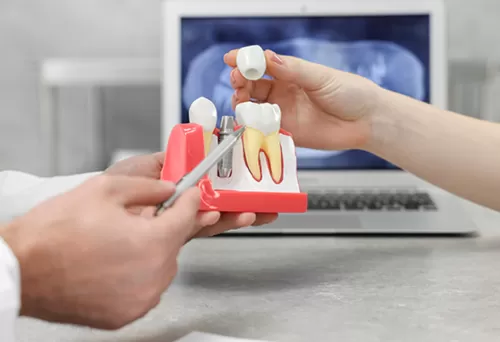
Transform Your Smile with Affordable Dental Implants

Crown Your Smile: Discovering the Beauty and Functionality of Dental Crowns
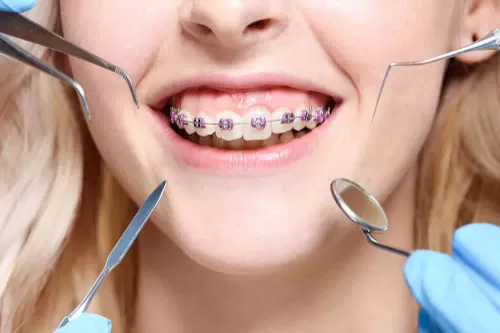
Transform Your Smile with Orthodontics: Achieving Straighter Teeth and Greater Confidence
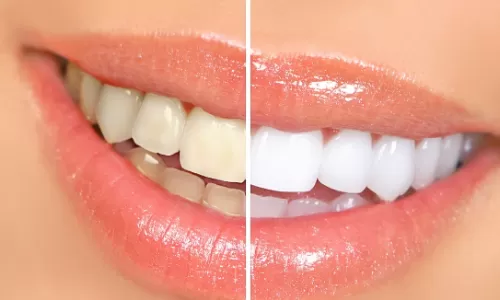
Discover the Best Cosmetic Dentistry Options for Your Perfect Smile
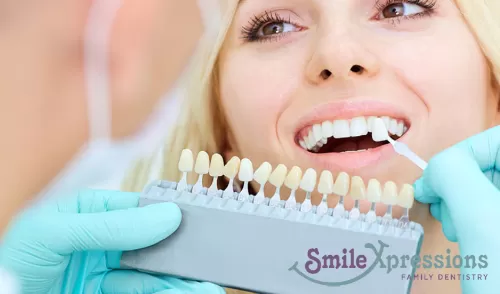
Enhancing Your Smile: The Transformative Power of Cosmetic Dentistry

Discover Why More Americans Are Applying to Dental Schools in 2025

